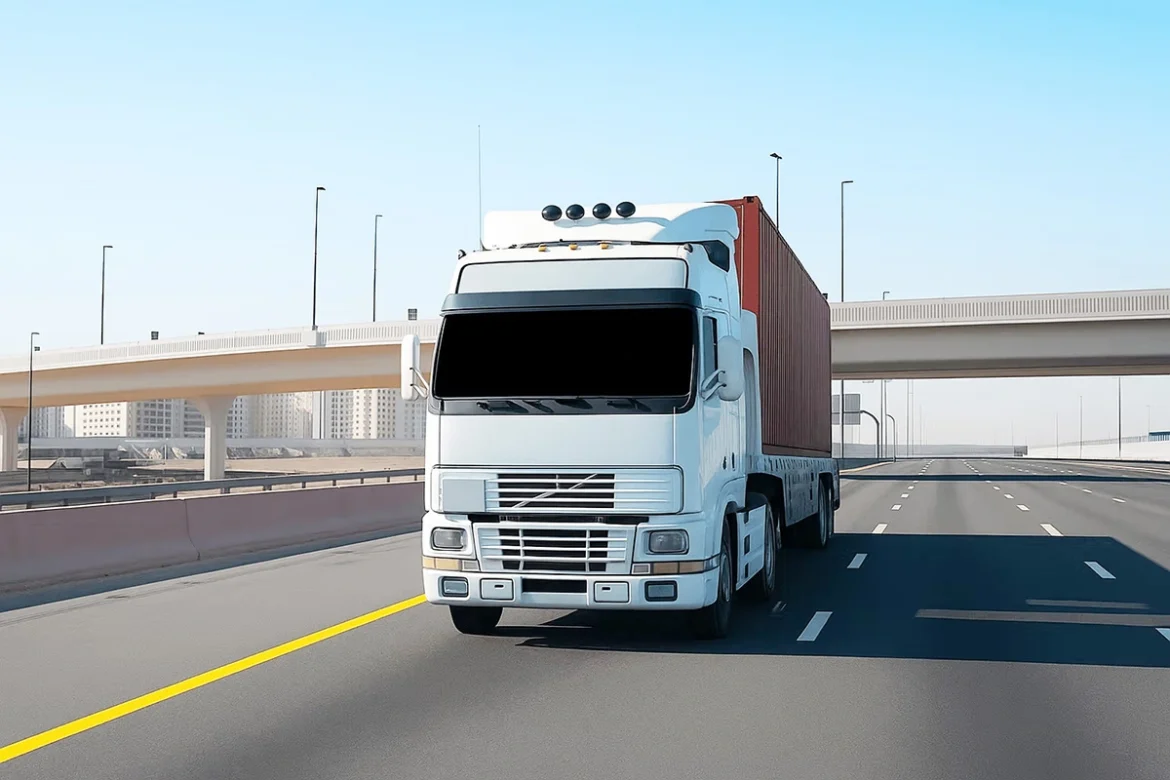Dubai’s Roads and Transport Authority (RTA) has approved a new regulatory framework to govern the use of autonomous heavy vehicles for logistics transport in the emirate.
The move is part of a broader push to integrate advanced mobility solutions and support Dubai’s economic and sustainability goals.
Regulations and trials
The new framework outlines licensing procedures, operational requirements, safety standards, and technology specifications for self-driving heavy vehicles. It was developed in collaboration with private logistics firms, distributors, and technology providers.
Initial trials will be conducted on five designated routes, including Jebel Ali Port, Al Maktoum International Airport, and Dubai Investments Park. Some vehicles will operate under supervision, while others will be fully autonomous.
Strategic objectives
Mattar Al Tayer, Director General and Chairman of the Board of Executive Directors at RTA, said: “The approval of the regulatory framework for operating autonomous heavy vehicles in Dubai reflects the vision of the wise leadership in strengthening the global competitiveness of Dubai as a leading hub for business, and the economy, while also supporting the Dubai Economic Agenda (D33).”
He added: “The regulatory framework marks a significant step towards achieving the goals of Dubai’s Smart Self-Driving Transport Strategy, which aims to convert 25% of total mobility journeys in the emirate into autonomous trips by 2030, thereby strengthening Dubai’s position as a global leader in adopting future technologies and developing innovative, sustainable mobility solutions.”
Economic and environmental impact
The RTA highlighted that the framework supports Dubai’s goal of enhancing logistics operations by improving efficiency, cutting emissions, and increasing safety. Dubai currently has a fleet of over 61,000 heavy vehicles, ranging from 3.5 to 65 tonnes.
Al Tayer said the new regulations fall under the Dubai Commercial and Logistics Land Transport Strategy 2030, which aims to double the sector’s contribution to the economy to Dhs16.8 billion. It also targets a 75% increase in technology use, a 30% reduction in emissions, and a 10% boost in operational efficiency.
New digital platform
As part of the initiative, RTA has partnered with TruKKer to launch a digital platform called Logisty. The platform offers on-demand logistics services, fleet management, and shipment tracking. It is designed to simplify commercial transport services and improve customer experience.
The RTA noted that the overall strategy aligns with six existing citywide plans, including the Traffic Safety Strategy and the Zero-Emission Public Transport Strategy. Seventeen projects have been identified to support sector development.
Al Tayer concluded: “Dubai is among the world’s most prepared cities to adopt autonomous transport, thanks to its advanced infrastructure, adoption of the latest international standards, state-of-the-art communication networks, and other enablers that facilitate the integration of smart vehicles.”
tanvir@dubainewsweek.com

